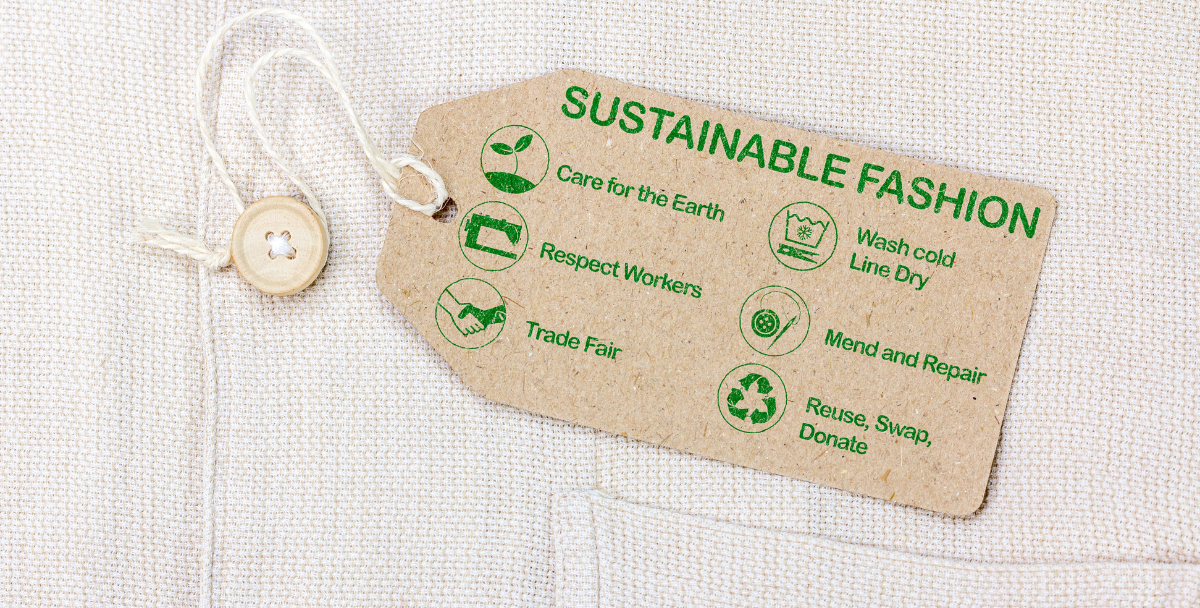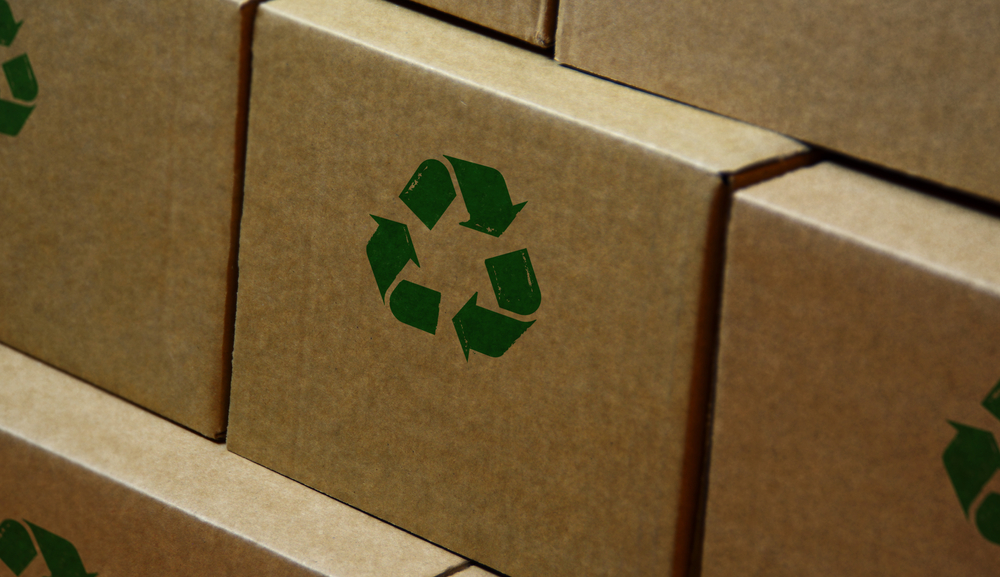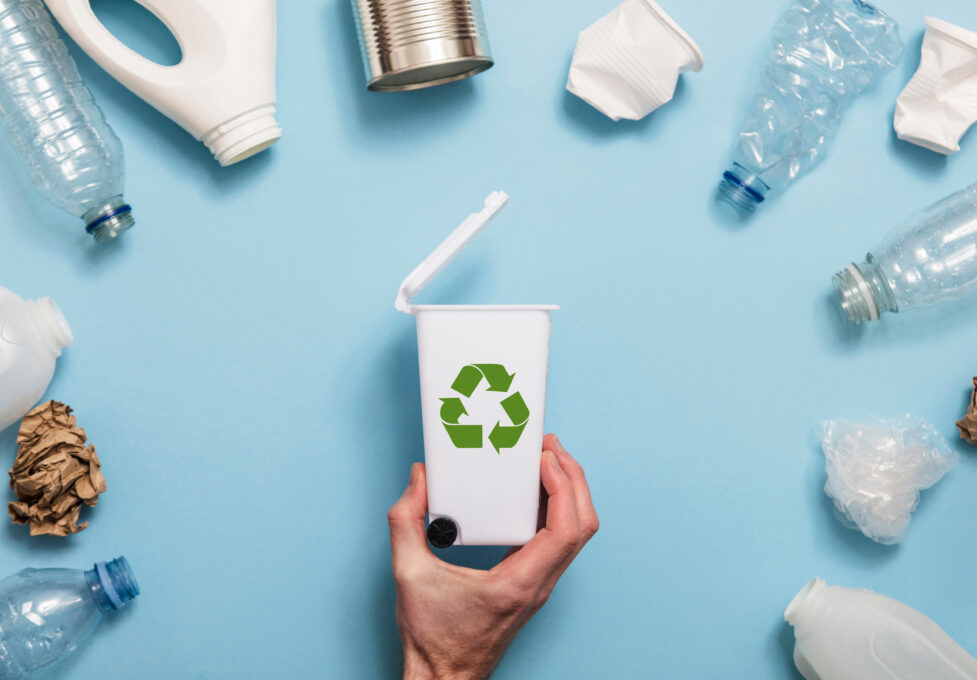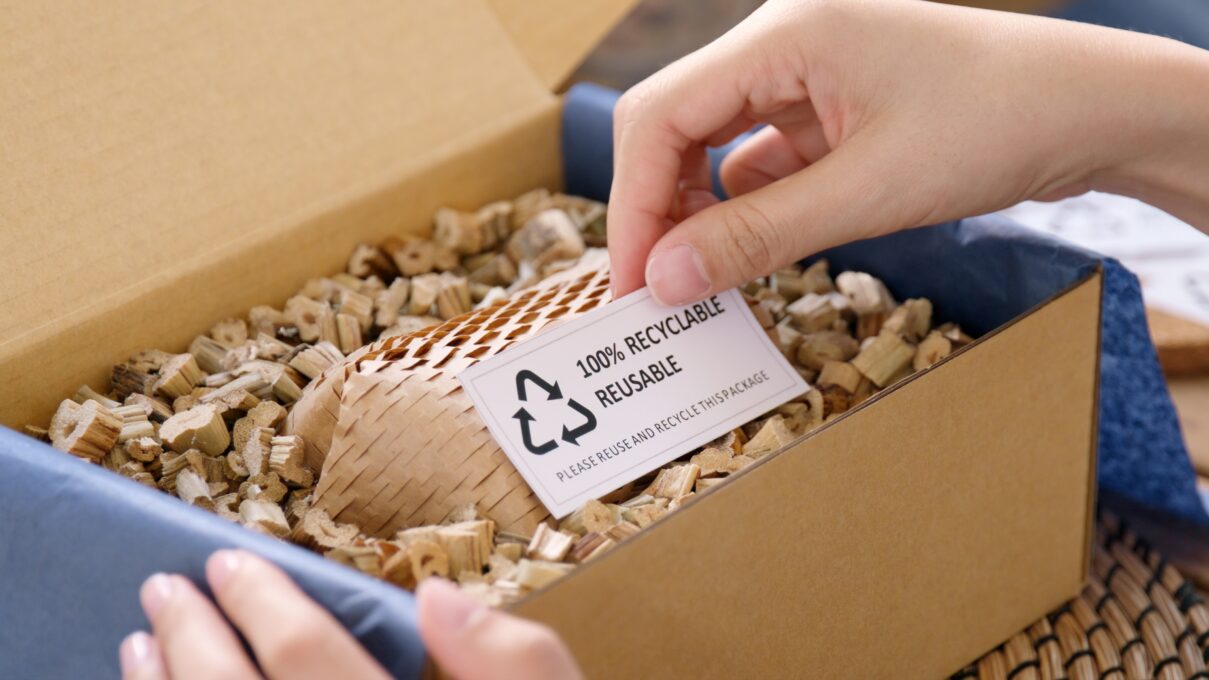How Sustainability Technology is changing the Fashion Industry for the Better

The worldwide fashion industry and broader ideas about sustainability and environmentalism have been at odds for decades. But recently, in part due to people in the fashion industry itself and outsiders, the fashion industry has been moving towards more sustainable practices to conserve materials and energy. As the world demands more transparency and sustainability of the fashion industry, the industry has been building tools focused on conservation and more sustainable production practices. What changes have occurred, and what can we expect to see from the fashion industry in the future?
TECHNOLOGY THE KEY TO BETTER SUSTAINABILITY
Often the common criticism of relying on technology to improve sustainability is that many examples of technology are actually more wasteful than their analog counterparts. However, in the fashion industry, more sustainable practices across the industry require technological advancement, and many men and women in the industry are working on developing new ways to conserve garment materials, recycle waste materials, and overall reduce the environmental impact the production and transportation of clothes and accessories has.
One clear example of how technology is making fashion more sustainable is the production of natural clothing materials. The fashion industry has long relied on synthetic materials such as polyester, which has to be made using fossil fuels and environmentally toxic chemicals, or natural fibers such as cotton, to produce its garments. But even natural fibers can be bad for the environment because of the natural resources such as land and water that goes into growing them.
Scientists have now been able to create materials with the benefits of both synthetic materials and natural ones without using inordinate amounts of energy using biotechnology.
WHAT DOES THIS MEAN?
Fashion companies are already using lab-grown biomaterial for use in their garments. Improvements to production times and supply chain issues will lower the cost of these materials while creating more sustainable practices.
Source: https://www.heuritech.com/articles/technology-fashion-more-sustainable/
https://3dlook.me/content-hub/7-sustainable-fashion-technologies/

- Share with Twitter
- Share with Facebook
- Share with LinkedIn
- Share with e-mail
Might be interested in

How does climate risk affect us?

Ways Your Smart Home Can Save Energy

Eating Sustainably: Five Diet Tips for a Healthy Body and a Healthy Planet

10 Sustainable Holiday Tips for a Greener Season

E-Waste Solutions: How to Responsibly Dispose of Electronics

Why Ecotourism Matters in the Fight Against Climate Change

From waste to worth: battery recycling

Digitalization can support shifting to more sustainable transport in Europe

Sustainable packaging

Better links between waste management, circular economy and climate change mitigation measures can boost greenhouse gas emission reductions

Ecotourism: Connecting Nature and Culture for a Sustainable Future

Kinds of plastics, uses and how to recycle

12 main principles of green chemistry

An Ambitious Plan to Manage Non-Packaging Plastics in European Waste Streams

What is the EU doing to implement green washing regulations?

Four benefits of a circular economy

Sustainable manufacturing

The importance of energy efficiency in achieving climate goals

Energy sustainability practices at home

Ways to Prevent Wasted Food at Home

Sustainable Tourism: How to Travel with Minimal Environmental Impact

Empowering a Greener Future: The Role of Sustainable Finance in Transforming Society and the Environment

How to have a festive and eco-friendly Christmas this year

The Transformative Role of AI in the Energy Sector

Building a Low-Carbon Supply Chain: Smart Strategies for Carbon Footprints Sustainable Operations

Sustainable Packaging in the EU: Trends, Challenges, and Opportunities

A Health-E start

Sustainable products: the key to a greener future

Life Cycle Assessment (LCA): everything you need to know

Ways the world can reduce emissions from global transport systems

Ecotourism: What It Is and Why It Matters

How E-waste and electronics recycling helps environmental conservation

Understanding environmental commodities